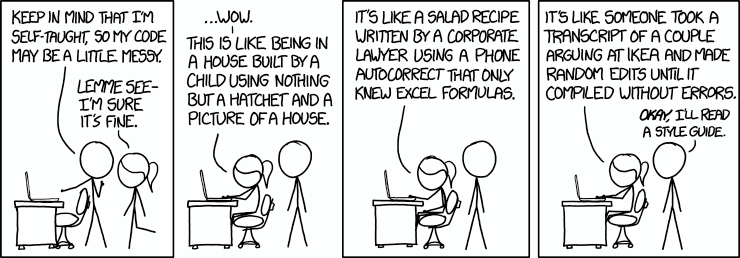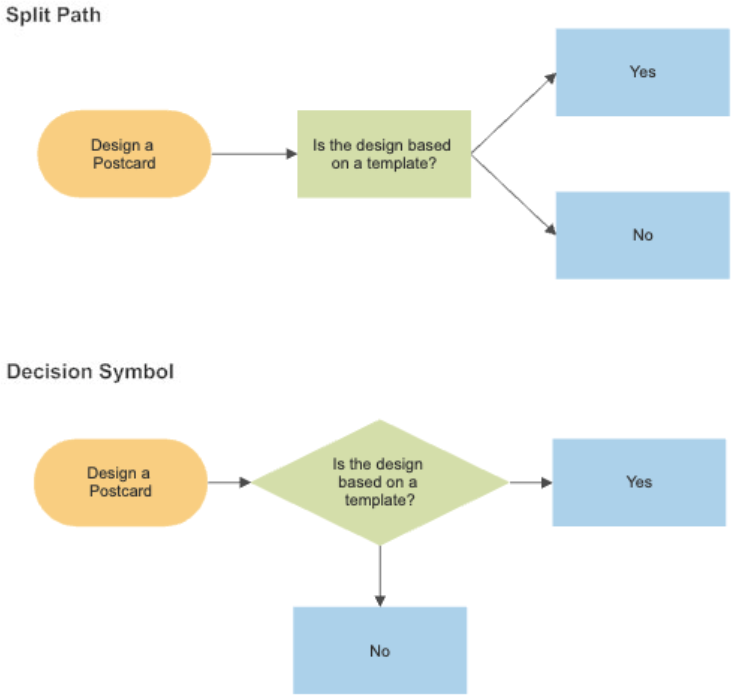Essential Skills for Senior Software Engineers: A Comprehensive Guide
Written on
Chapter 1: Introduction to Senior Software Engineer Skills
In my six years in the tech industry, including five years in academia and my recent transition to a full-time software engineering role, I have observed the key characteristics that distinguish senior engineers. Contrary to the stereotype of a "10x coder" furiously coding away, the reality is far more nuanced.
Many bright students struggle with essential skills like effective communication and receptiveness to feedback, which can significantly limit their career prospects. Those who secure positions at leading firms or attain senior roles immediately after graduation possess not only technical prowess but also exceptional collaboration skills.
This trend persists beyond the classroom. Engineers who consistently deliver code yet remain isolated rarely advance in their careers. Conversely, those who prioritize knowledge sharing and team support often find themselves in leadership roles. Developing specific and actionable skills in software engineering is vital for fostering collaboration and guiding others—essentially what seniority entails.
Let’s delve into the skills necessary for aspiring senior software engineers.
Chapter 2: Key Skills for Senior Software Engineers
Section 2.1: Ownership
Ownership is a cornerstone of effective leadership. Jocko Willink, a retired Navy SEAL officer, emphasizes in his book "Extreme Ownership" that leaders are pivotal to a team's success. The core tenet is simple: there are no ineffective teams, only ineffective leaders.
Adopting extreme ownership involves taking full responsibility for your team's outcomes. For instance, if a junior engineer fails to meet ticket acceptance criteria, it reflects a leader's oversight in providing clear guidance. Similarly, if communication with a teammate falters, it indicates a lack of clarity on availability and frequency of updates.
Embracing ownership means focusing on what you can influence to elevate your team members.
Section 2.2: Communication
Communication is often highlighted as a critical skill, yet many overlook its importance. In today's remote work environment, honing communication abilities is more crucial than ever. Begin by ensuring your written communication is clear and concise. Engaging with colleagues over platforms like Slack can enhance your clarity—ask for feedback to refine your messages.
Consider starting a blog to practice articulating your thoughts. Over-communicating can also be beneficial; while you don’t want to overwhelm your coworkers, providing detailed context can prevent misunderstandings.
For example, instead of a brief message about bug fixes, provide a comprehensive update that covers the issue, your solution, and a link to your merge request.
Section 2.3: Humility
The stereotype of the solitary genius coder is misleading. When an engineer operates in isolation, it creates knowledge gaps that can hinder a team's progress. Effective leaders exhibit humility and are willing to learn from their peers. If a teammate suggests a new testing framework, recognize the value in their input rather than becoming defensive about your own code.
Encouraging a culture of continuous learning fosters an environment where team members feel empowered and supported.

Section 2.4: Documentation Skills
While some argue that “code should be self-documenting,” that notion falls short. Clear, well-structured documentation is crucial for maintaining code and accommodating future changes. Familiarize yourself with tools like Jira and Confluence to enhance your documentation skills.
Moreover, when drafting tickets, clearly outline the purpose and steps involved. Incorporating best practices for creating flow diagrams can significantly improve clarity in your documentation.

Section 2.5: Technical Proficiency
To qualify as a senior software engineer, a solid grasp of fundamental principles is essential. While not all senior engineers need to be coding prodigies, they should be well-rounded in their skill set. Key areas to focus on include:
- Testing: Consistent testing ensures code reliability and facilitates future changes.
- Design Patterns: Familiarity with design patterns aids in creating scalable and maintainable code.
- Frameworks: Staying updated on relevant frameworks is vital for effective software development.
The specifics of these principles will evolve, but the underlying requirement remains: a commitment to self-learning, accountability, and team enhancement is essential for success in a senior engineering role.
Conclusion
I hope this guide provides valuable insights into what constitutes a senior software engineer. What do you believe defines a senior engineer? Feel free to share your thoughts in the comments below. Thank you for reading!